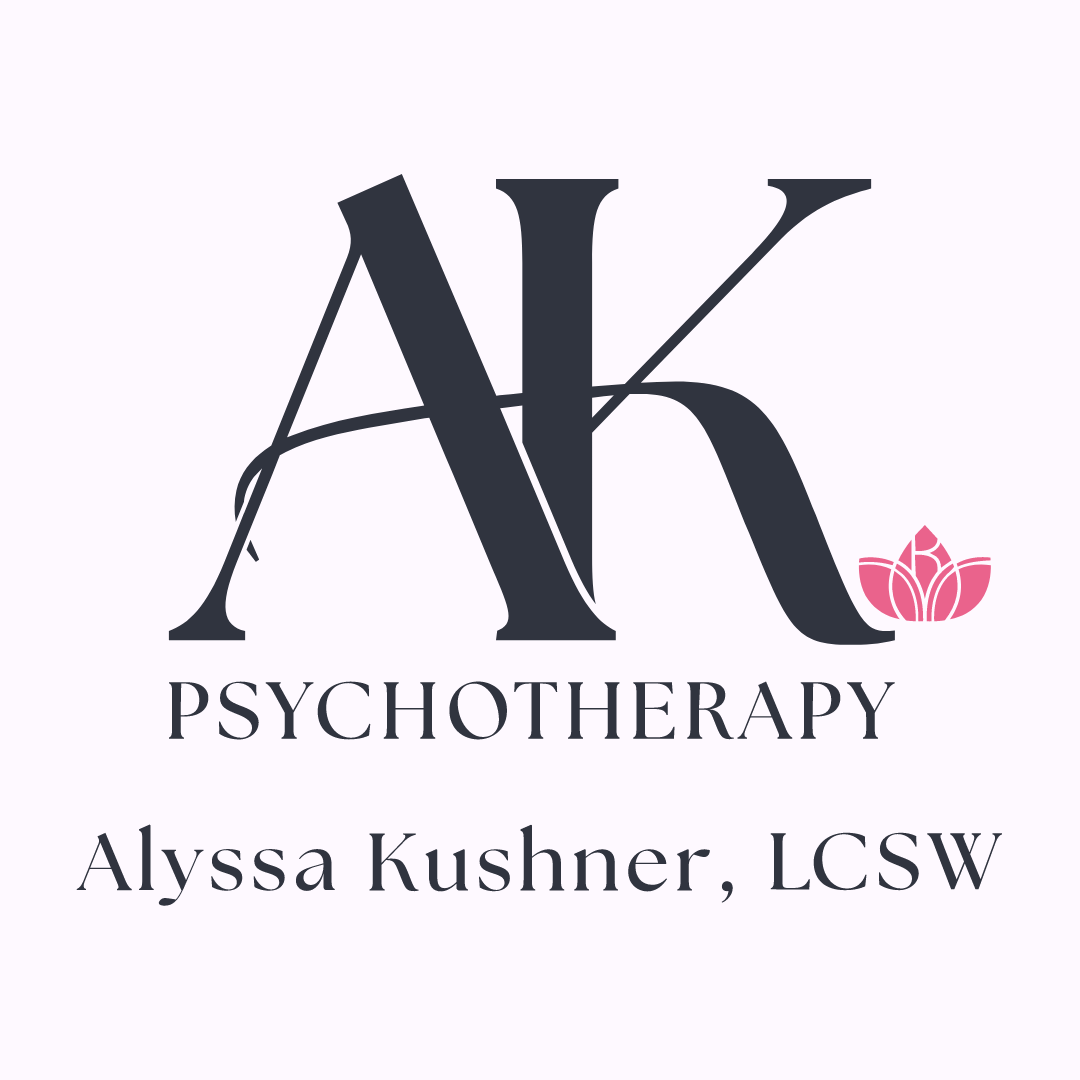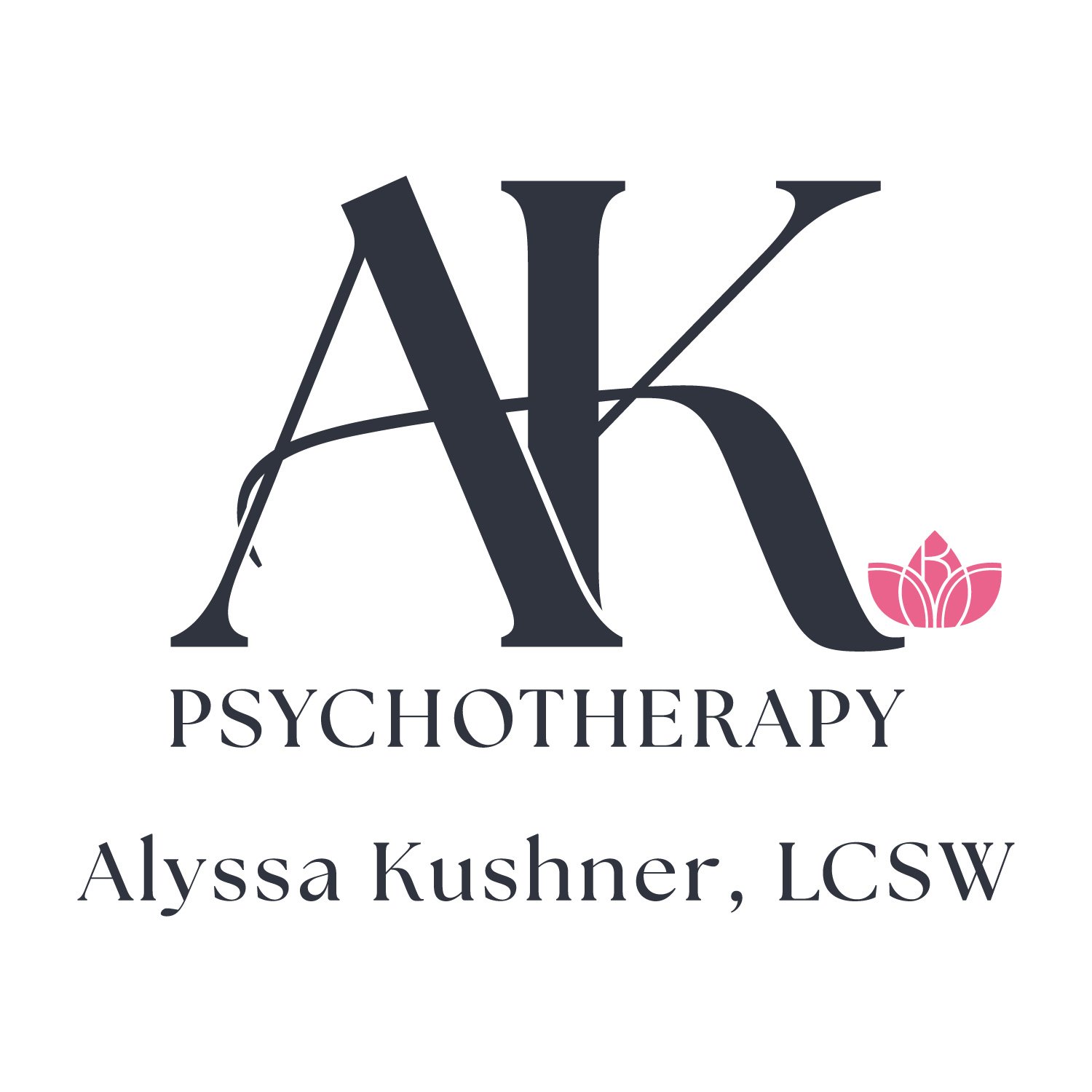Why Do I Feel Guilty Whenever I Say No, Set A Boundary, Or Advocate For My Needs?
Do you feel extremely anxious, like you have done something wrong, or like you’re a bad person when you say no to a loved one? When you try/attempt to set a boundary? Or when you speak up for yourself directly and ask what you need? You are not alone!
Likely there is conditioning you have experienced from your childhood or teen years, maybe it’s from relational trauma, or it stems from your deepest beliefs about boundaries. Here are a couple reasons along with what to do to manage and stop feeling guilt when you say no or set boundaries!
You Have A Belief That Boundaries And Needs Are Selfish
Maybe you were taught growing up that boundaries are wrong, selfish, or not important. This could've been because it was modeled to you from an enmeshed family dynamic (boundaries don't exist or are looked down upon) or maybe you were shamed or guilt tripped when you attempted to set them. So now you feel like they are “wrong” rather than understanding that they are important, healthy parts of a relationship. Same with needs - you may have been told you're selfish when you say no to someone or prioritize yourself. When in healthy relationships, your needs matter!
You Are Deeply Afraid Of Disappointing People And You Had Emotionally Immature Parents
Similarly, you may have learned that people are going to be upset with you and feel extremely disappointed if you say no to them or prioritize what you need over then. You were likely criticized, shamed, guilt-tipped, or given the cold shoulder/silent treatment by emotionally immature parents if you “disappointed others” so now you are wired to perceive that as a threat. In reality, we all disappoint people and that's okay! Someone who is mature and able to regulate their emotions will be able to tolerate that and not make you feel bad for it. Think about what it means to you if you disappoint someone, do you have a fear that they will reject you, not love you, believe you are unworthy, or leave you? If so, there is definitely something deeper here worth exploring in therapy.
Your Family Never Said No To Each Other, Yet Everyone Was Resentful And Passive Aggressive.
It was modeled that you think of other people's needs over yourself in this family system, likely many people had a “martyr complex” where everyone was self sacrificing and boundary-less. But I point out that everyone is actually secretly resentful, annoyed at each other, passive aggressive or even angry because being boundary less doesn’t actually do good for relationships. In a healthy family system, people can have boundaries and individuation and responsible for themselves, which can lead to directness and no secret pent up angry energy. If this type of dynamic was modeled to you, you may have learned that boundaries and needs are selfish and that its your duty to keeps yours to yourself, stuff what you are feeling down, and just smile and say yes. So any time you go against that and attempt to say no or advocate for yourself, you feel bad because it’s looked down upon.
You Were Held Responsible For Attending To And Being Responsible For Your Parents Needs
You may have been put in a position to have to be responsible for your parents needs (parentification) so the thought of prioritizing yours feels bad. You learned that it's your job and responsibility to think of them and fix their issues, so you never even learn what yours were or how to even focus on them. The thought of a boundary makes you feel wrong.
Wherever you learned these messages, please note that helpful guilt tells you've done something wrong or out of accordance to your values/morals, but unhealthy guilt like what we are talking about today you’ve NOT actually done wrong! Due to your upbringing or trauma you learned that prioritizing yourself is “wrong” so now you feel guilt whenever you say no or attend to yourself. Your nervous system believes something is dangerous or off which is why you may spiral and feel anxious and dread. Remind yourself, you've not actually done something wrong and you are certainly not a bad person, it just feels that way. You were just prioritizing yourself which is positive!
Steps to take to work through this type of guilt:
Notice when you start feeling guilt and name it. Notice where it comes up in the body. Does it have a temperature? Sensations?
Ask if you have truly done something wrong or out of alignment with your values or if it FEELS like you have. Even if a value is helping others, attending to yourself isn’t going against that.
Sit in the discomfort it brings. Do something grounding for your nervous system - walk, take a few deep breaths, journal, put one hand on your heart.
Tell yourself and reminder yourself, “it's safe to have needs and boundaries. They create healthy relationships.” “I’m allowed to prioritize what I need.” “Other people can handle my boundaries, disappointment is normal and not a threat.” Or whatever other mantra resonates.
Work with a therapist who understands people pleasing, trauma, emotionally immature family, etc and can help you work through all of this! Guilt runs deep so it may take some time to work through. Don’t be discouraged, you can definitely change it over time.
Please know that attending to your needs and having boundaries are amazing things and if you are working on healing and improving your self trust - these are huge wins! They are an act of self respect and self love, along with respect for others. Keep going!
If you are interested in working on you guilt, boundaries, needs, and overall relationship with yourself - I’d be honored to help you along the way! I am accepting a few new clients in NYC, NJ, MD, and DC. Email alyssakushnerlcsw@gmail.com or schedule a free 15 min phone call.
If you want to heal in a group setting or as an addition to your individual work, I am running an online Womens Relational Trauma, Anxiety, & Self-Trust Support Group. We will meet Tuesdays from 4:30-5:45 est and cover topics related to this blog. If you want to learn more on these patterns and how to actually overcome it, if you want to gain the support of others who are struggling with it too, and you want to heal in a community of women - please schedule a free phone consultation to learn more!
Follow my instagram page for more learning, tools, and inspiration on these topics.


